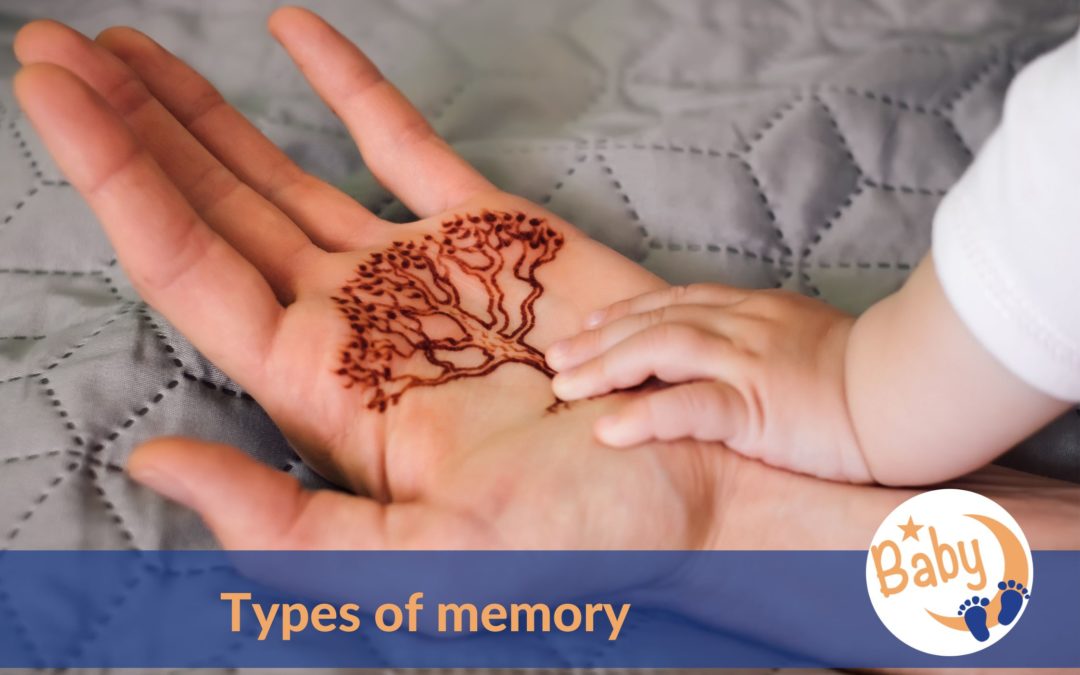Baby memory –
I ended my previous article promising to explore the ambiguous memory lane babies experience, shedding light on the profound impact they may exert on a child’s sleep in the future.
- First of all, there is no recollection of the “intrinsic” memory in any medical journal available online to the public.
If we assume that the author of the article on Dr. Mate’s website refers to implicit memory (non-declarative or unconscious memory), then there have been no long-term studies so far on implicit memory in early childhood to observe the effects these early experiences have on these children later on in life.
If we refer to episodic memory which indeed, emerges in infancy, we must again admit that investigations in this field have been significantly limited by the methodological challenge of acquiring neuroimaging data (like functional magnetic resonance imaging (fMRI) from infants and toddlers. Most studies in this field have been done on non-humans and adults. While new research shows that older children and adults have the ability to retain, encode and retrieve memory on a long-term basis, we cannot simply assume that all their findings are valid for infants too, who predominantly experience infantile amnesia during their first year of life.
If we go even further and assume babies have a cell memory which influences their life perception later on, most research we have in this field come from animal studies while the latest one on humans shows that “memory T (tissue) cells – formed after first exposure to a pathogen – accumulate up to age 3 in young children, but are not functionally mature and only begin to have the capacity for protective immunity at between 4 and 6 years of age. These findings explain why babies and young children are more vulnerable to recurrent respiratory infections and other infectious diseases compared with adults”, but they do not give any clues about the emotional footprints of these early experiences in life.
- Secondly, if we want to estimate the impact of baby sleep training on later attachment and behavioural issues of children, we should take a closer look at a 5-year follow-up study undertaken on 325 children, aimed to determine long-term harms and/or benefits of an infant behavioural sleep program (e.g. sleep training done in infancy) at age 6.
The conclusion of this study published in 2012 in the National Library of Medicine are that:
“behavioural sleep techniques have no marked long-lasting effects on child mental health, sleep, psychosocial functioning, stress regulation, child-parent relationship and on maternal mental health or parenting styles. Therefore, parents and health professionals can confidently use these techniques to reduce the short- to medium-term burden of infant sleep problems and maternal depression”.
- Thirdly, when it comes to baby sleep coaching and stress, there is a huge debate around the level of cortisol – the main stress and activity hormone – which measures the distress babies feel during a challenging experience, including sleep training. In this context, many “experts” consider behavioural sleep techniques as “unresponsive parenting” and compare them to situations of extreme abuse, trauma and neglect of a child. This could not be further from the truth.
So, let’s find out in the next article what type of stress is really dangerous and what role baby sleep training plays in this context.
